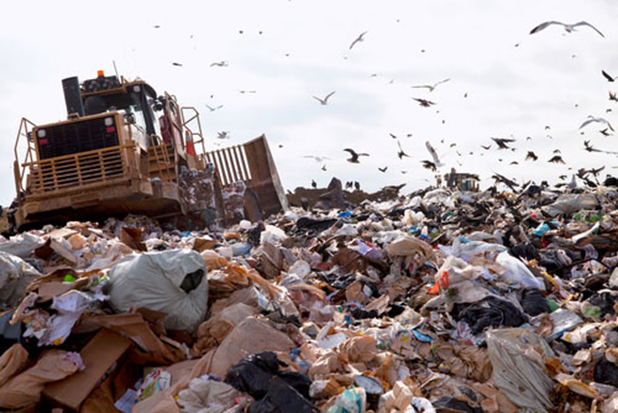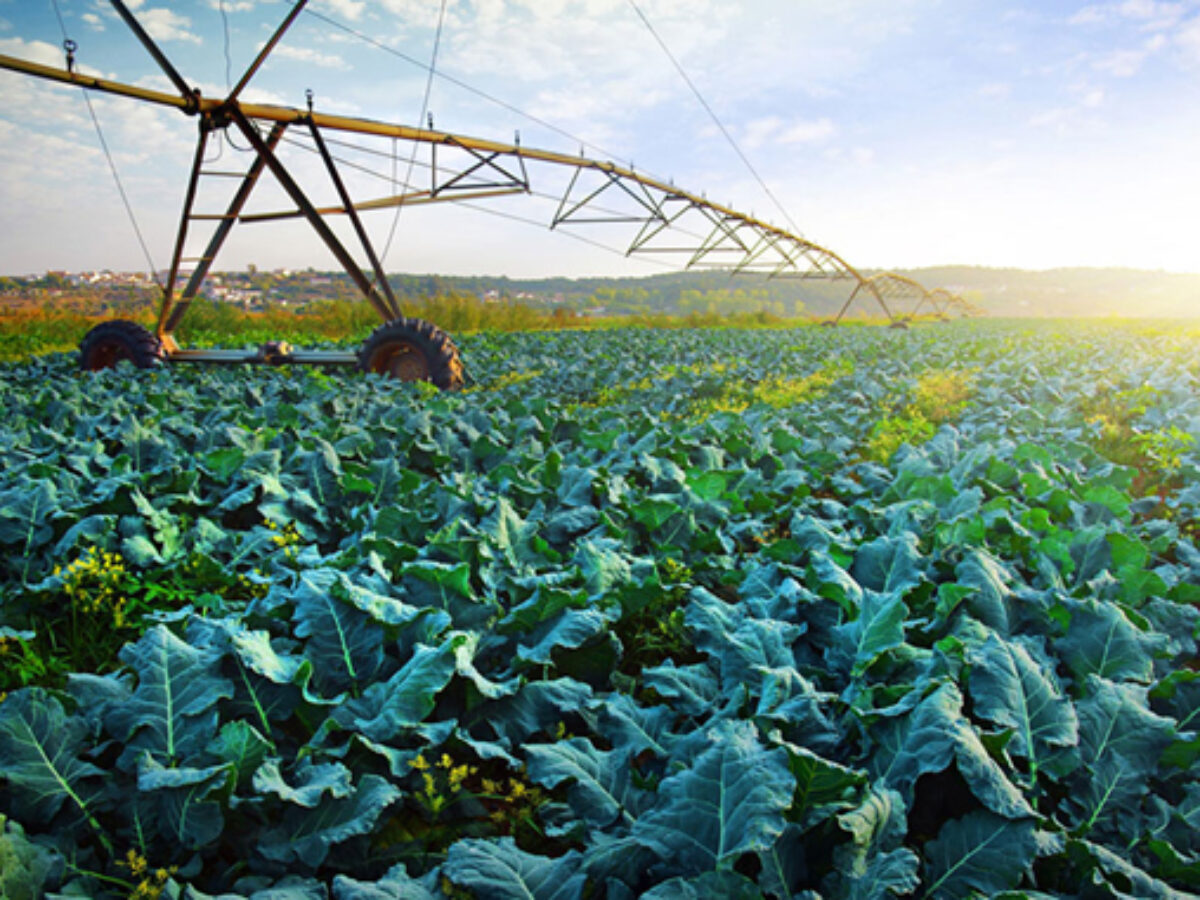It will take an enormous effort from all global stakeholders to fix the world food system. The system is intricate and includes many different components, including those related to food production, processing, distribution, consumption, and waste management. Complex social, economic, and environmental contexts are interwoven with it. A stable food system is built on sustainable agriculture. We can strike a balance between the need for food production and the preservation of natural resources by promoting sustainable agricultural practices. The “Zero Budget Natural Farming” (ZBNF) initiative in India is a good illustration of this. It encourages chemical-free farming methods that are not only economical but also sustainable, improving farmer livelihoods. The ZBNF project has been successful in fusing conventional wisdom and cutting-edge scientific understanding.
Regenerative farming methods, another crucial component, place an emphasis on crop diversity, soil health, and livestock integration. Such methods can result in the production of food that is more nutrient-dense, significant carbon repossession, and improved farmer livelihoods. One admirable example is the work done by The Savory Institute all over the world. To improve the health of the grasslands, the institute advocates holistic management and regenerative agriculture, which in turn boosts biodiversity and increases the adaptability of nearby communities. Food waste is a serious problem that affects the environment and the economy. To address this issue, the United Nations Environment Programme (UNEP) launched the global “Think.Eat.Save” campaign. In order to minimize waste, the campaign offers helpful tips and doable actions to consumers, retailers, and the hospitality sector. Reducing food waste can support more sustainable consumption patterns and lessen the strain on the environment’s resources.
The solution to repairing the broken global food system lies in local food systems as well. They can increase local economies while at the same time minimizing the environmental damage caused by long-distance food transportation. For instance, vacant lots in Detroit, USA, have been turned into productive farmland by urban farming initiatives, improving community development and local food security.
Another significant issue is the local and international inequities in the food system. By ensuring that small-scale farmers and producers are fairly compensated for their goods, fair trade practices can advance justice and equity in the food system. A nonprofit organization called Fair Trade International has played a key role in developing widely accepted fair trade standards and assisting producers in the Global South.
The development of food systems is significantly influenced by governmental policies. The effectiveness of food systems can be significantly impacted by policies like subsidies for environmentally friendly farming methods, strict laws against food waste, and the promotion of wholesome diets. Government policies in nations like the Netherlands actively support circular agriculture, reducing waste, and effectively using resources. With its numerous specialized agencies, the United Nations (UN) is instrumental in addressing these issues. The UN’s Food and Agriculture Organization (FAO) seeks to ensure that everyone has regular access to nutritious food so they can lead active, healthy lives. It works to promote dietary diversity, lessen food loss and waste, support sustainable agricultural practices, and increase resilience to economic and climatic shocks.
Strong food systems are also developed with assistance from other UN organizations like the UNEP and the World Health Organization (WHO). For instance, WHO has led the charge in promoting a healthier diet and way of life on a global scale.
These problems are inadvertently addressed in the UN Charter, which sets the organization’s policies. Hunger, poverty, and sustainable development are all covered by the Charter’s goals and guiding principles of promoting peace, human rights, and development. The majority of the Charter’s modifications, though few and unrelated to the food system, deal with membership and representation in UN bodies. All UN Member States agreed upon the Sustainable Development Goals (SDGs) in 2015, and they offer a common road map for peace and prosperity. In particular, Goal 2 of the SDGs aims to promote sustainable agriculture, achieve food security, and improve nutrition.

In conclusion, improving the world’s food system is a difficult task that needs the cooperation of all parties involved, including farmers, consumers, governments, and international organizations. The UN contributes significantly to this effort through a number of its various bodies. It relentlessly pursues the goals of achieving food security and sustainable agriculture by promoting environmentally friendly practices, pushing for legislative changes, and other means. Repairing the world food system is a difficult journey, but it can be completed with cooperation. It is possible; all that is required now is the will to act. The world has the knowledge, resources, and examples to make this possible.

Research Associate, Pakistan House



